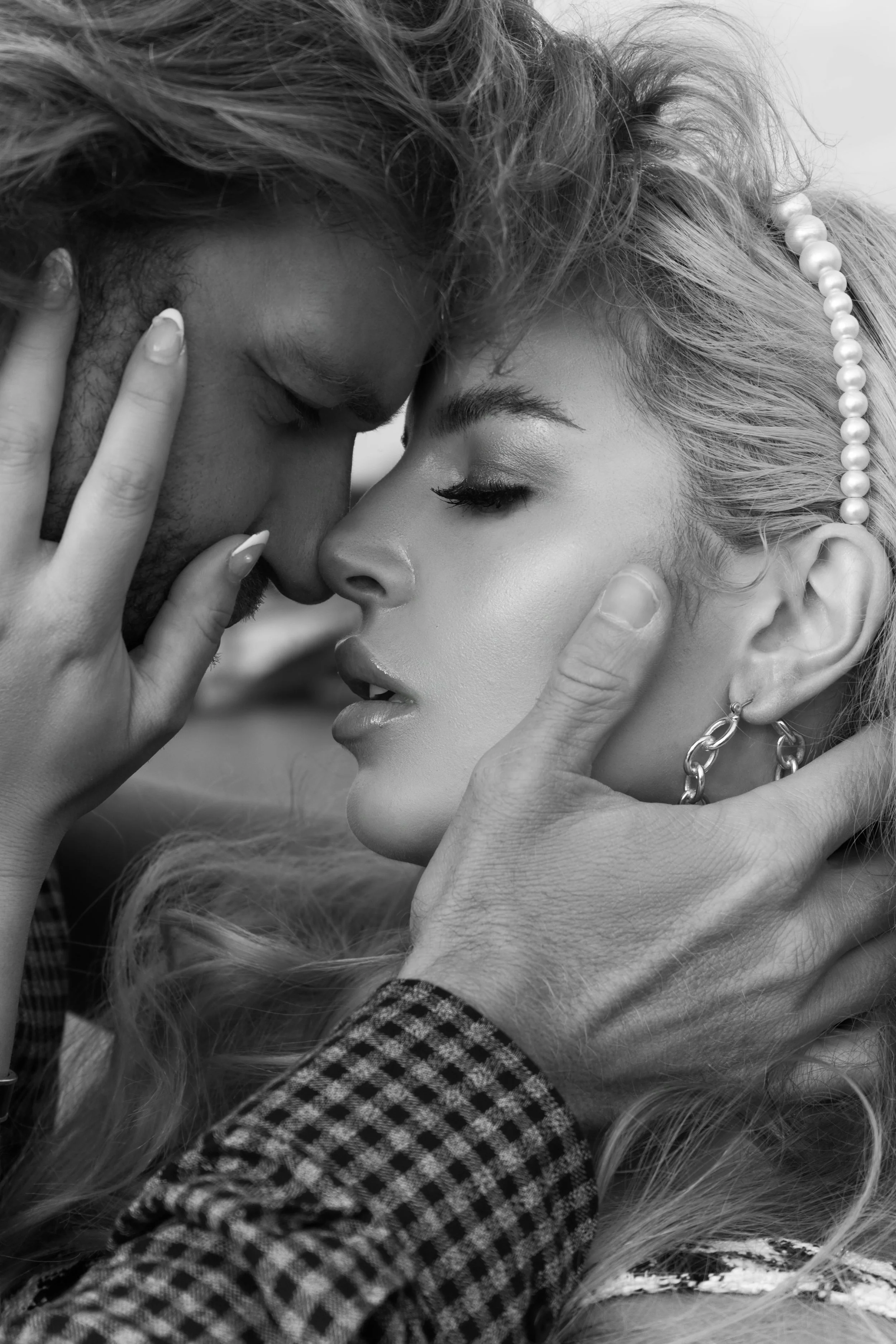The Love Addiction Cycle: Why It Feels So Good (and Hurts So Much)
It starts with a spark. The butterflies. The texts. The deep, instant connection. You feel seen. Chosen. Needed.
And then—almost just as fast—it shifts. You’re anxious. Checking your phone. Obsessing. Doubting.
“Did I say too much?”
“Why aren’t they texting back?”
“What if they leave me?”
If you’ve ever felt like you lose yourself in relationships—or like you’re addicted to the feeling of love more than the reality—you’re not alone.
As a therapist, I often work with clients who feel like their relationships run them. And what they’re experiencing isn’t just anxiety or heartbreak; it’s something called the love addiction cycle.
What Is Love Addiction?
Love addiction isn’t an official diagnosis, but it’s a very real experience—one where your sense of identity, safety, and happiness becomes wrapped up in another person.
It’s not about love—it’s about longing. It’s not about connection—it’s about survival.
In therapy, we say: it’s not the person you’re addicted to—it’s the feeling they temporarily give you.
The Cycle of Love Addiction
Love addiction follows a predictable emotional loop:
1. Infatuation/Idealization
You feel an intense high. They seem perfect. You might fantasize about a future together after one date or one deep conversation.
2. Enmeshment/Over-Attachment
You start merging with them emotionally. You crave constant contact. Their validation becomes your oxygen.
3. Fear of Loss/Rejection
You become hyper-vigilant. An unanswered text feels like abandonment. You read into tone, timing, everything.
4. Withdrawal or Obsession
If they pull back, you spiral. You might stalk their socials, reread messages, beg for closeness, or even chase after toxic patterns.
5. Relapse or Replacement
You either return to the same relationship—or jump into a new one fast, hoping for the same “high.”
And the cycle repeats.
Why It Happens
Most people caught in love addiction aren’t “needy” or “dramatic.” They’re often survivors of:
Childhood emotional neglect
Abandonment or inconsistent caregivers
Trauma that made love feel unsafe, unpredictable, or earned
So now, your nervous system sees connection as something that must be chased or clung to—not something that just is. Therapy helps your body learn that love doesn’t have to feel like a rollercoaster.
Signs You Might Be Caught in the Cycle
You fall in love fast and hard—then crash just as hard
You feel physically unwell when you’re ignored or rejected
You lose yourself in relationships (hobbies, boundaries, identity)
You stay in unhealthy dynamics because being alone feels worse
You feel “addicted” to the high of being wanted
If this is you, please know: you are not too much. You are not broken. You’ve learned to equate love with anxiety.
What Healing Looks Like
Healing from love addiction isn’t about giving up love. It’s about learning:
Healthy love is safe, not addictive
That your worth isn’t dependent on being desired
That slowness doesn’t mean disinterest—it means stability
In therapy, we work on:
Understanding your attachment style
Building emotional regulation tools
Reconnecting with your identity outside of relationships
Learning how to receive love instead of chase it
Therapy for Love or Dating Addiction
If you feel stuck in the love addiction cycle, please hear this:
You’re not addicted to love. You’re addicted to what love makes you forget.
You deserve a connection that doesn’t leave you breathless with panic. You deserve presence—not just passion. You deserve a relationship with yourself that feels just as electric as any romance.
And if you’re ready to break the cycle, I’m here. No shame. Just curiosity, compassion, and healing.

